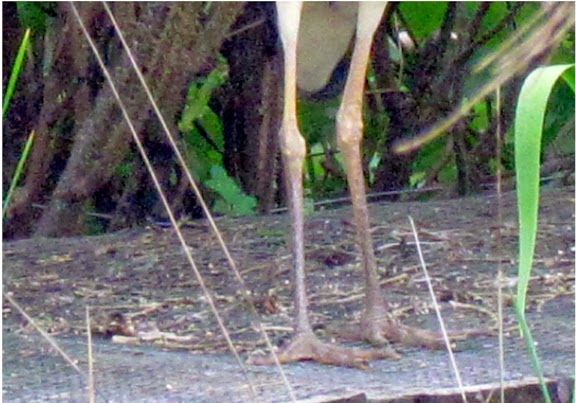For starters – I owe you an apology.
Last Friday one of those Google thingies where they ask you whether
or not you want to take advantage of something popped up. I do wish
they wouldn’t do this. Anyway, I was busy and wasn’t really
paying attention and I hit the wrong button. The result was that G+
snaffled the comments on the blog which meant that you couldn’t
leave your thoughts except through G+ (which, as far as I am
concerned, is a very bad idea). It was drawn to my attention about
six last Friday evening but then took me a while to sort out what had
happened and a bit longer to find our how to put it right. So, if you
did try to leave a comment and couldn’t, I’m sorry. I shall be
more careful next time Google asks a question. Having said that, I
find what Google does is very good indeed so I am not at all anti.
They say that every story should have a
beginning, a middle and an end. Well, a few weeks ago I mentioned
“the desert” – the middle of writing a novel – so I thought I
would look at these three stages from the writers point of view.
Everything you write needs a beginning,
a middle and an end. Some of us use devices to make life easier (like
always ending with a blog dog) but that is really cheating. So, here
goes.
The Beginning.
This is marked by a huge surge of
excitement as new ideas form and new characters chatter away in the
background. Who are they? Where are they? What are they doing? We
dash about in the car looking for them and have as much fun in
drawing blanks as we have when we “find” (to use an old hunting
term which is, I suppose, no longer “PC”).
Then it is time to start writing and
that means setting the scene and making sure that the characters jump
off the page so that the reader becomes a part of the unfolding
story.
But is there really a story? Is there
enough going on here to make a full length novel? Will Dinah,
Marcia’s agent, like it? Will Linda, Marcia’s publisher, like it?
Will Emma, Marcia’s editor, like it? Will the readers like it?
The excitement is, however, diluted by
a sense of terror.
The Middle
The scene is set, the characters are
known and we are on our way. Now there is the need to produce about
fifty thousand words as we trundle slowly and steadily towards a
conclusion. This is the worst part in one respect. It takes huge
self-discipline to sit down each day and write for six or seven
hours. With any luck there will be breaks but these will be because
some little detail is required and a visit to the book’s location
is the only way to make sure that is properly recorded.
If this is a desert for the writer,
what will it be for the reader? How will they manage to struggle
through this middle section?
The sense of despair is, however,
diluted by a sense of terror.
The End
Now the whole novel is there in the
mind’s eye. All that has to be done is to write it. One is reminded
of a comment that Iris Murdoch made to her husband, John Bayley. “The
novel is finished. Now all I have to do is to write it down.”
In some ways this is the worst bit for
Marcia. “Will someone steal mu computer?” (It wouldn’t matter
if they did – I keep the text backed up on mine and on a memory
stick which is kept in a very safe place where no burglar would think
of looking.) “What if my computer crashed and died for ever?”
(Still wouldn’t matter – see above.) “What if something
happened to me and I couldn’t finish it?” (Very valid concern.)
So we enter into the manic writing
phase. Usually Marcia’s writing day starts with working through
what she wrote on the previous day (she calls this “polishing”)
and sometimes working right through from the beginning because some
later idea needs to be introduced, given a foundation. Marcia calls
this “threading”. Both take time and then she will write from
between one to two thousand words.
Not during the end. Now she is running
on overdrive. No polishing, no threading just writing at break-neck
speed – anything upwards of three thousand words a day. Then, when
she gets to the end, she can relax and go back and do all the
polishing and threading that is required.
That sense of terror is, however,
enhanced by this new sense of terror.
It has been said that whenever you go
into a writer’s study you can smell the fear and the despair. Well,
I know that to be true for the two of us but I can’t speak for all
the others.
Does all this apply when you are
writing about crime? I shall look into that and report back.
Our blog dog is called Zulu. He is a
Patterdale Terrier and was, when this picture was taken, about to
enjoy his Christmas lunch. I know it’s a bit late but “Happy New
Year, Zulu”.



